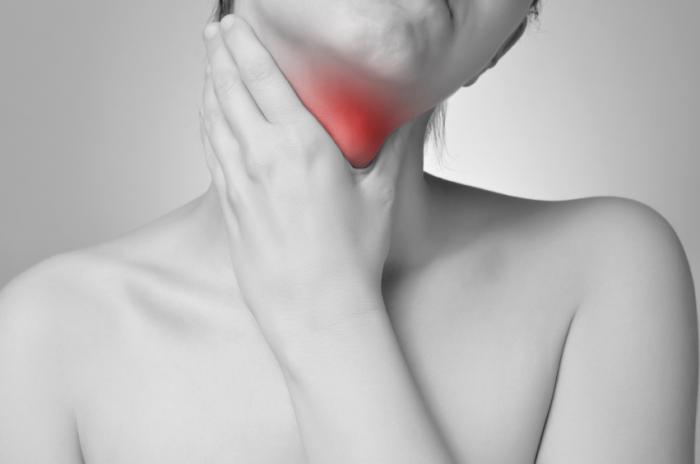Hashimoto’s disease is one of the many autoimmune diseases. The immune system of someone who has it attacks healthy cells of the body, and in this case it’s the thyroid gland which is the target. Since the thyroid gland is responsible for controlling a lot of bodily processes, Hashimoto’s disease can certainly cause a lot of problems.
According to experts, Hashimoto’s disease is the usual culprit behind hypothyroidism, a condition characterized by an underactive thyroid gland. If you would like to know more about Hashimoto’s disease which is, by the way, also known as autoimmune thyroiditis or chronic lymphocytic thyroiditis, continue reading.
Causes
The direct cause of Hashimoto’s disease is the immune system itself of the individual who is suffering from it, and that’s why it is regarded as an autoimmune disease. However, doctors are not really sure as to what can cause an autoimmune system to strike. They say that it’s a combination of various factors such as heredity and sex.
It is said that females and middle age individuals are more at risk of having Hashimoto’s disease. Since it may run in the family, you may have it if someone related to you by blood is diagnosed with it. Exposure to radiation and suffering from another type of autoimmune disease may also put you at higher risk of having Hashimoto’s disease.
Symptoms
Initially, Hashimoto’s disease may not cause any sign or symptom. It is possible for someone who has it to notice some swelling or enlargement of the throat, which is goiter. Over the years, Hashimoto’s disease may progress or worsen, causing damage to the thyroid gland and ultimately a drop in thyroid hormone levels in the bloodstream.
Most of the symptoms of Hashimoto’s disease can be associated with hypothyroidism. Fatigue, sluggishness, cold sensitivity, skin dryness, face puffiness, hair loss, an enlarged tongue, depression and joint pain are some of them. Since the thyroid gland regulates the metabolism, someone with Hashimoto’s disease tends to gain weight.
Complications
It is very important for Hashimoto’s disease to be diagnosed and treated properly. Since it impacts the thyroid gland which plays a variety of roles, Hashimoto’s disease that is left untreated can result in a host of complications. Goiter, heart problems, gut issues and mental health problems are some of those that may stem from it.
According to experts, pregnant women with Hashimoto’s disease need to receive proper treatment for the condition. It’s because hypothyroidism brought about by Hashimoto’s disease can increase the likelihood of birth defects. It is well-established in the medical community that it can lead to developmental and intellectual issues.
Treatment
Hashimoto’s disease that does not cause enough damage to the thyroid gland as to set off hypothyroidism usually requires no treatment, although the progression of the said disease has to be carefully observed. If there’s significant impact on the thyroid gland, it is likely for someone with Hashimoto’s disease to get treated for life.
Since the thyroid gland affected by Hashimoto’s disease fails to produce and secrete certain hormones that regulate an assortment of bodily processes, the individual who has hypothyroidism is given synthetic hormones. In case goiter is present, which is a complication of Hashimoto’s disease, it is treated to have its size reduced.
Natural Remedies
Because the gut can be affected by Hashimoto’s disease, alteration in the diet is one of the natural remedies for the said condition. Someone with Hashimoto’s disease should steer clear of gluten and grains as they can trigger inflammation. Fast foods as well as foods that contain lots of sugar should be avoided as well.
The consumption of foods containing selenium, B vitamins and vitamin D are all good for the thyroid gland, as well as fatigue and depression. It is important for someone with Hashimoto’s disease to avoid and manage stress. He or she should avoid smoking, alcohol consumption, and the use of products with harmful chemicals.
